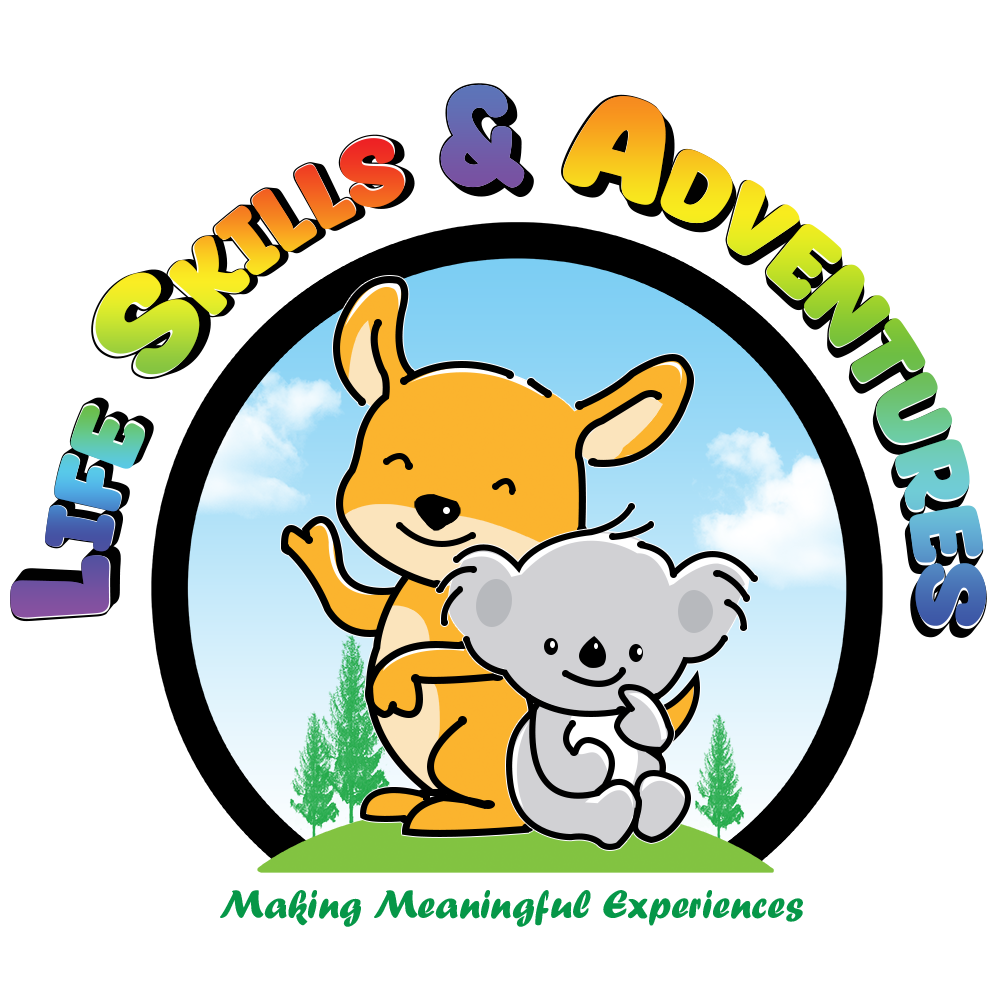When you think about helping a child with a disability, the first thing that comes to mind might be therapy sessions, specialist appointments, or medical interventions.
And while these are essential, there’s something just as powerful — and often overlooked — that can transform their lives: recreation.
I’m talking about real, unstructured, joy-filled play. The kind that lights up a child’s eyes and makes time disappear.
Here’s why it’s a game-changer — and how you can make it part of your child’s everyday life.
Play Isn’t “Extra” — It’s Essential
For kids with disabilities, recreation isn’t just a way to pass the time. It’s a tool for growth.
Think about it. Every time your child climbs, builds, paints, or explores, they’re learning — physically, mentally, socially. Play pushes boundaries in ways therapy alone can’t.
And here’s the kicker: kids want to do it. Unlike structured therapy, play feels exciting, not like a chore. That’s why it works so well alongside formal support programs.
From the Couch to the World
One of the biggest challenges many parents tell me about is isolation. Kids with disabilities can spend more time indoors, on screens, or in medical settings than their peers.
But when you introduce recreational activities — whether it’s adaptive sports, nature walks, art workshops, or group adventures — you’re opening up their world.
At Life Skills & Adventures, we see this every day. A kayaking trip, a team-building challenge, or even just exploring a local park can spark huge changes in confidence and connection.
The Hidden Benefits of Fun
Sure, recreation builds social skills. But there’s so much more going on.
- Motor skills get sharper through climbing, swimming, or throwing a ball.
- Problem-solving improves when they figure out how to navigate a trail or assemble a tricky puzzle.
- Emotional resilience grows as they try new things and overcome fears.
The beauty? Your child is too busy having fun to notice they’re “working” on these skills.
Confidence Grows Outside Comfort Zones
You’ve probably seen it before — your child tries something new, succeeds, and suddenly believes they can take on more. That’s what recreation does.
Small wins stack up. Whether it’s making it to the top of a climbing wall or joining in a group game, these moments teach them: “I can do this.”
At LS Adventures, we design activities with just the right balance of challenge and support so kids experience these wins without feeling overwhelmed.
Making Play Happen in Real Life
So how do you weave recreation into your child’s routine?
- Start with their interests. Love animals? Try a farm visit. Fascinated by water? Look for adaptive swimming programs.
- Mix solo and group activities. Both have benefits — solo play builds creativity, group play boosts social confidence.
- Go outdoors whenever possible. Nature adds its own magic: fresh air, movement, and a calming reset.
The trick is consistency. Make recreation a non-negotiable part of your week, not an occasional treat.
The Bigger Picture
This isn’t about replacing therapy — it’s about enhancing it. When kids are engaged in play, they’re more motivated, less stressed, and more open to learning.
The result? Better progress in every area of life.
So next time you’re planning your child’s week, ask yourself: Where’s the fun?
If you want to see this in action, check out the programs at Life Skills & Adventures. From outdoor challenges to hands-on workshops, we create safe, exciting spaces where kids with disabilities can grow, connect, and shine.
Bottom line:
Recreation isn’t just a break from therapy — it’s a powerful, life-changing tool in its own right. Make it a priority, and you’ll see the difference in your child’s skills, confidence, and joy.

